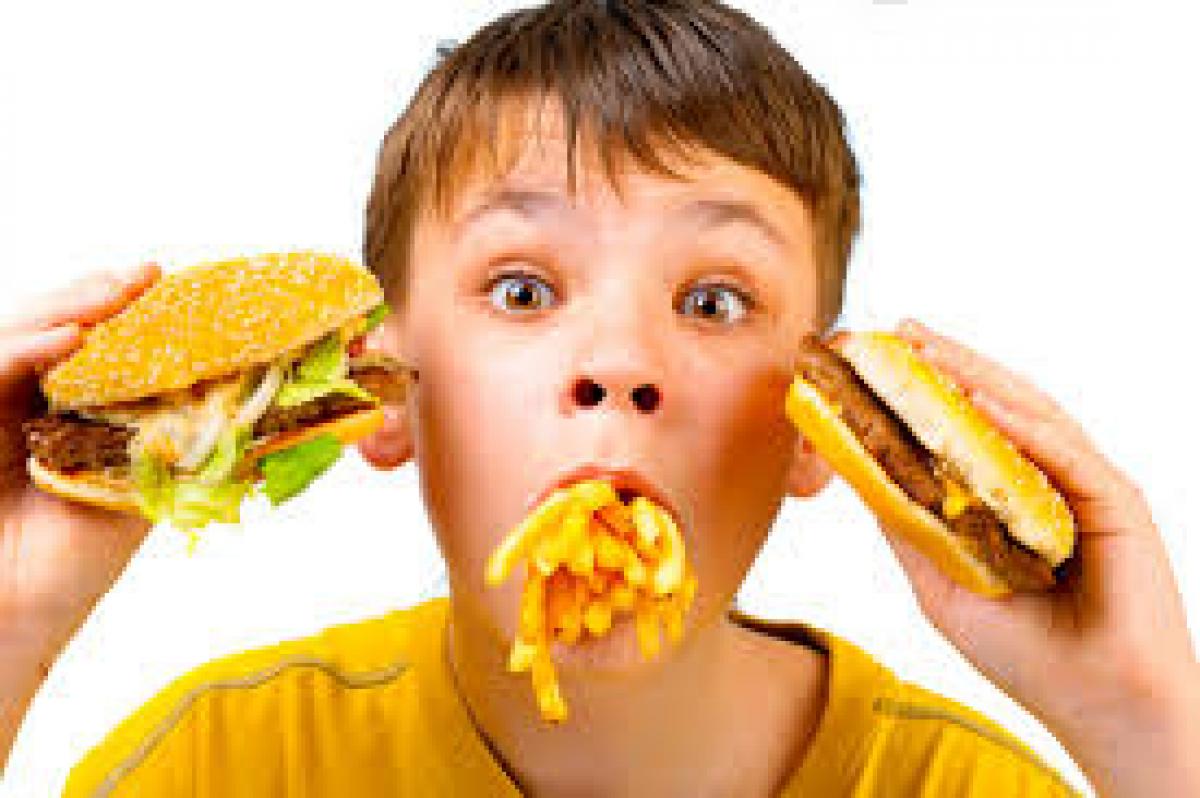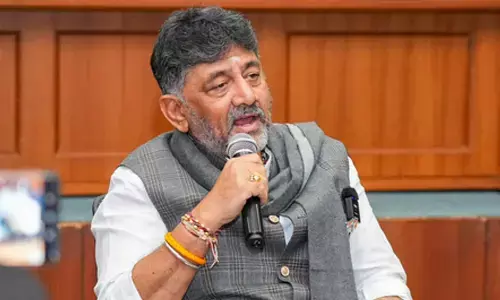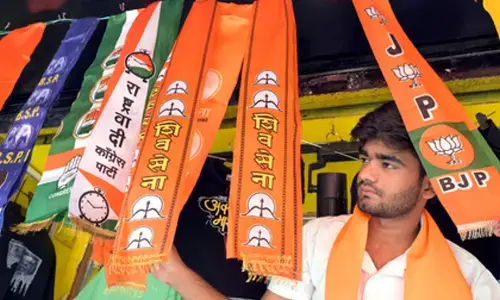Regulate the junk

The controversy over Maggie is only a tip of the ice berg. The problem of the so-called fast foods is a deep-rooted one with serious challenges to public health. The debate should, therefore, focus beyond Maggie on unravelling the challenge of this new lifestyle that is catching the imagination of people, especially the children and the young.
Junk food high in fat, salt and sugar is linked to growing non-communicable diseases like obesity, hypertension and diabetes
The controversy over Maggie is only a tip of the ice berg. The problem of the so-called fast foods is a deep-rooted one with serious challenges to public health. The debate should, therefore, focus beyond Maggie on unravelling the challenge of this new lifestyle that is catching the imagination of people, especially the children and the young.
A committee constituted by Food Safety and Standards Authority of India (FSSAI) has revealed how consumption of junk foods – high in fat, salt and sugar – is linked to growing non-communicable diseases such as obesity, diabetes and hypertension among children. Children are not the best judge of their food choices.
The National Restaurant Association of India (NRAI) 2010 report estimated that the fast food industry is growing at a compound growth rate of 35-40 per cent annually. The Centre for Science and Environment (CSE) warns that junk food is unhealthy because it is high in calories, fat and trans fats, sugar in liquid form and salt, and low in fibre and nutrients.
They have no nutritional value. Most have trans fats which behave like saturated fats when they get in the body, clog up arteries and cause plaque to build up, contributing to heart diseases and strokes. In a significant judgement on March 16, 2015, the Delhi High Court ordered regulation of junk foods consumption among school children across India.
Most common junk foods that are high in fat, salt and sugar such as chips, fried foods, sugar-sweetened carbonated beverages, sugar-sweetened non-carbonated beverages, ready-to-eat noodles, pizzas, burgers, potato fries and confectionery items should be restricted in schools and in 50-meter radius. Advertisement and promotion of such foods targeted at children should be regulated through a framework that includes all types of media, celebrity endorsements and promotional activities.
Governments should immediately implement the recommendation of CSE to control the health impact of junk foods. Many countries have imposed restrictions on the sale of junk food in and around schools and put in place ‘fat’ taxes to dissuade people from consuming junk food. India, too, should take some lessons.
Ban junk foods from schools and places where children can have easy access to them. Also, ban junk food advertisements during children’s programmes, implement stricter advertisement guidelines for children’s TV channels, and allow such ads on other channels only after 9 pm. Impose a ‘fat tax’ on food items like processed food if they contain more than 2.3 per cent saturated fat.
FSSAI should come out with regulations to reduce salt, sugar and fats in junk foods, including imposition of ‘fat, salt and sugar tax’. Change labelling rules for trans fats and salt. The World Health Organisation (WHO) said that unhealthy diet is one key cause of the growing global burden of disease. India should, therefore, immediately act on junk foods to build a healthy nation.














